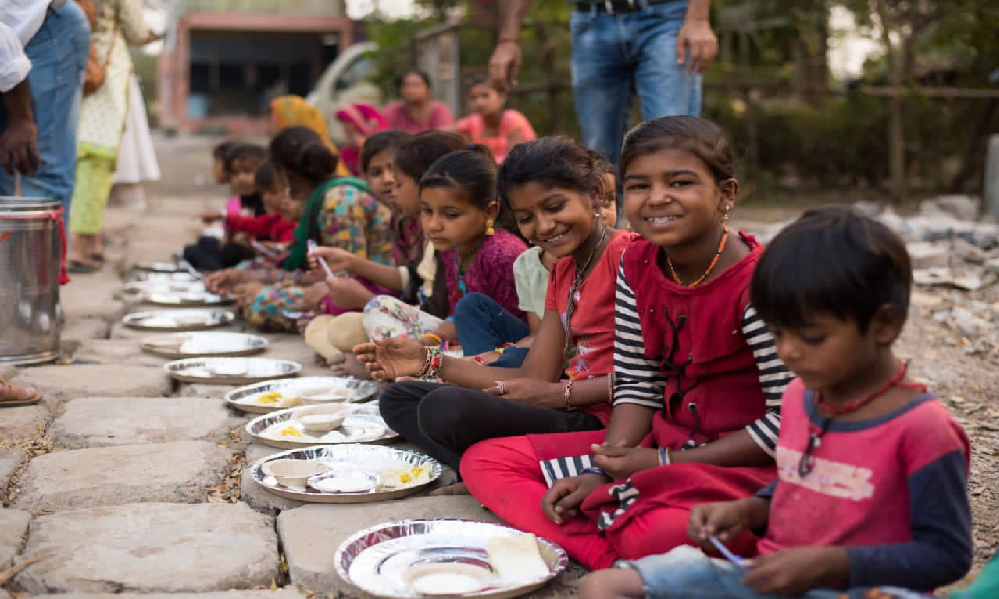Poverty impacts many aspects of life, including access to nutritious food. Poverty-driven diets lead to severe health complications due to the lack of essential nutrients necessary for maintaining a healthy body. These diets are often limited to low-cost, calorie-dense foods, which fail to provide adequate vitamins, minerals, and other nutrients. Consequently, individuals in poverty are more likely to face chronic diseases and other health problems.
Nutritional Deficiencies and Chronic Illnesses
A lack of access to diverse and nutritious foods significantly increases the likelihood of nutritional deficiencies. People living in poverty often consume diets high in processed foods and refined sugars, contributing to conditions like obesity, diabetes, and cardiovascular diseases. Poverty-driven diets lead to malnourishment in children, weakening their immune systems and impairing cognitive development.
In adults, inadequate nutrition heightens the risk of hypertension and bone-related disorders such as osteoporosis. The connection between poor diet and long-term health risks underscores the urgent need to address food insecurity at a systemic level.
Mental Health Implications
The health risks tied to poverty-driven diets are not limited to physical ailments. A lack of proper nutrients also has significant effects on mental health. Studies have shown that poor diets contribute to anxiety, depression, and other mental health disorders. The stress of living in poverty amplifies these conditions, creating a cycle of poor health and diminished well-being.
Access to healthier options could help break this cycle, but affordability remains a barrier. The role of non-profits and community organizations in providing free or subsidized nutritious meals is vital in mitigating these challenges.
Intergenerational Impact
The effects of poverty-driven diets lead to intergenerational health risks. Poor nutrition during pregnancy can result in low birth weights and developmental issues in children. These children may then grow up facing similar dietary challenges, perpetuating a cycle of poverty and health issues. Addressing this problem requires a multifaceted approach involving education, food aid programs, and economic support for low-income families.
Steps Towards Healthier Diets
There are several strategies to combat the health risks associated with poverty-driven diets. Policymakers can play a crucial role by promoting subsidies for healthy foods and regulating the cost of essential items. Community initiatives that provide nutrition education and access to affordable produce are also critical.
Organizations like Fikrah have been instrumental in offering solutions by distributing nutritious meals to underprivileged communities. By focusing on both immediate needs and long-term education, such initiatives help alleviate the impact of poverty on health.
Collaborative Efforts for Change
The global fight against poverty-driven health risks calls for collaboration among governments, non-profits, and private organizations. Encouraging sustainable agricultural practices, reducing food waste, and expanding access to health services can collectively reduce the prevalence of poor diets. These efforts not only improve individual well-being but also contribute to healthier, more productive societies.
CONCLUSION:
Poverty-driven diets lead to increased health risks that affect individuals and communities on multiple levels. Addressing these issues requires targeted interventions that ensure access to nutritious food and promote long-term health. Organizations like Fikrah are essential partners in creating a world where everyone can lead a healthier life, free from the constraints of poverty-induced malnutrition.
Click here to know more about “Unhealthy diets and malnutrition”

